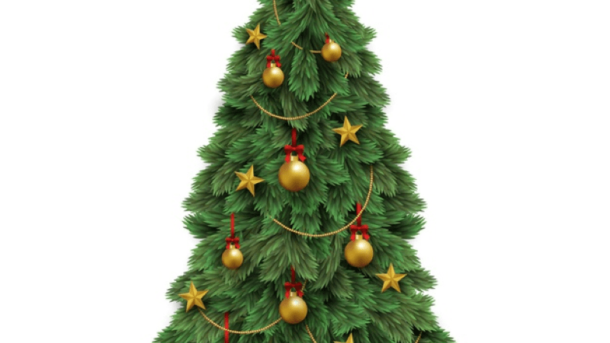The Historical Roots of Twelfth Night Music
Twelfth Night, also known as the Feast of Epiphany, is a Christian holiday celebrated on the 5th of January. It marks the end of the twelve days of Christmas and the beginning of the Epiphany season. Throughout history, this day has been associated with various customs and traditions that vary by culture and region. One of the most enduring and universal traditions is the inclusion of music in Twelfth Night celebrations.
Music has played a significant role in Twelfth Night festivities since the Middle Ages. It has been an integral part of the celebrations in both religious and secular contexts. The music associated with Twelfth Night is often lively and exuberant, with a focus on dancing and singing. It is designed to bring people together in a spirit of joy and celebration.
In England, the tradition of Wassailing was associated with Twelfth Night. Wassailing was a form of caroling where people would go door to door singing and drinking spiced cider or beer. The singing of carols and other festive songs was an essential part of these gatherings, and the music would often continue late into the night.
In other parts of Europe, Twelfth Night was marked with elaborate masquerade balls and other festivities that featured music and dancing. In many cases, the music for these events was specifically composed for the occasion, with a particular focus on incorporating popular melodies and dance tunes of the day.
The Diversity of Twelfth Night Music
The music associated with Twelfth Night celebrations has continued to evolve over the years. Today, it is marked with a broad range of musical styles and genres, from classical music to folk and pop. The music has also been adapted for many different instruments, including brass and wind bands, orchestras, and traditional folk instruments like the fiddle and accordion.
One of the most enduring musical traditions associated with Twelfth Night is the singing of Christmas carols. While these songs are often associated with Christmas, they are also a significant part of Twelfth Night celebrations. In many Christian cultures, the carols sung on Twelfth Night focus on the themes of the Epiphany, such as the story of the Three Wise Men and the star of Bethlehem.
In addition to carols, other types of music are also associated with Twelfth Night celebrations. These can include traditional folk songs, classical music selections, and modern pop songs. The music is often performed live, with musicians playing for dancing or singing along.
Overall, the role of music in Twelfth Night celebrations is a rich and varied tradition that has evolved over centuries. It embodies the spirit of joy and celebration that marks this special day and has brought people together across cultures and regions. Whether singing carols or dancing to lively folk tunes, the music of Twelfth Night is an essential part of this timeless and enduring holiday.




